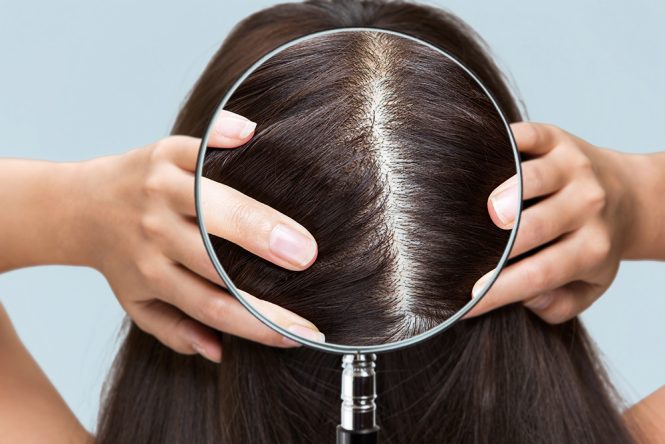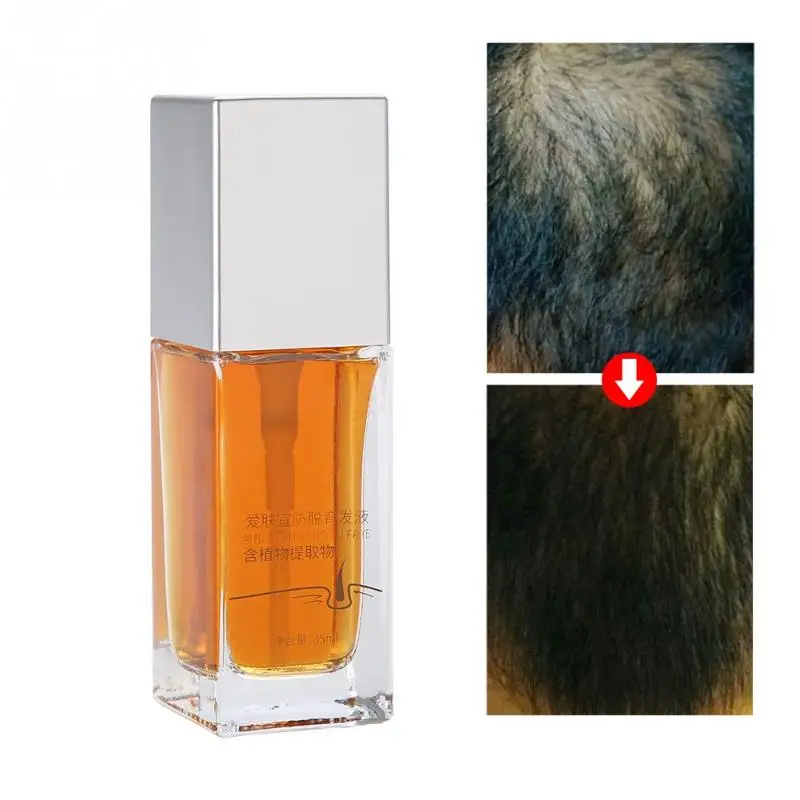

The search for comfort often begins with a healthy scalp. In the pursuit of luscious locks and the confidence that comes with them, understanding scalp health in hair loss treatment is paramount. A healthy scalp is the foundation of strong, vibrant hair. This crucial link often goes overlooked, yet addressing scalp health is a critical factor in achieving a solution. Many individuals face hair loss challenges, and this article will delve into the importance of a healthy scalp, and how to prioritize scalp health as part of your hair loss treatment plan. We will identify the problems, explore effective solutions, and provide strategies for a comprehensive approach. This article is structured to guide you through effective scalp care, from identifying potential issues to implementing personalized solutions.
Understanding the Root Cause of Hair Loss
Hair loss, a common concern, can stem from a multitude of factors. Beyond genetics, various factors can trigger hair thinning and loss. Nutritional deficiencies, stress, and underlying medical conditions all play a role. Understanding the specific cause behind your hair loss is essential for developing an effective treatment plan. A healthy diet, enriched with essential nutrients, like protein, iron, and vitamins, is crucial for overall hair health.
Nutritional Deficiencies
Dietary deficiencies in essential nutrients can significantly impact hair health. For example, a deficiency in iron can lead to hair loss and breakage. Similarly, a lack of protein can weaken hair follicles, making them more susceptible to damage. Implementing a balanced diet rich in these nutrients is a critical first step towards resolving hair loss issues.
Stress and its Impact
Chronic stress can negatively affect the hair growth cycle. High levels of stress hormones can disrupt the natural shedding and growth processes, leading to temporary or even permanent hair loss. Managing stress through relaxation techniques, exercise, and mindfulness can be instrumental in mitigating the impact of stress on hair health.
The Crucial Role of Scalp Health
Often overlooked, scalp health plays a crucial role in hair health. A healthy scalp provides the ideal environment for hair follicles to thrive and produce strong, healthy hair. Conditions like dandruff, seborrheic dermatitis, and psoriasis can impact scalp health, leading to inflammation, irritation, and hair loss.
Identifying Scalp Issues
Regular scalp checks can help identify underlying issues. Symptoms such as redness, itching, flaking, or excessive dryness can be early indicators of potential scalp problems. Proper identification and treatment of these conditions can prevent further damage to hair follicles and minimize hair loss.
The Relationship Between Scalp and Hair Loss
Conditions affecting the scalp can significantly impact the health of hair follicles, leading to hair thinning or loss. Taking proactive measures to maintain a healthy scalp can go a long way in preserving healthy hair growth and minimizing hair loss. Various scalp conditions can negatively affect hair follicles, which in turn impacts overall hair health. Regular scalp treatments, coupled with a healthy diet, can dramatically improve outcomes.
Personalized Hair Loss Treatment Strategies
Addressing hair loss requires a customized approach tailored to the individual’s specific needs. Consulting a dermatologist or hair specialist is essential to pinpoint the cause of hair loss and design a suitable treatment plan.
Dietary Adjustments
A balanced diet rich in essential nutrients is fundamental. Dietary modifications can address nutritional deficiencies that contribute to hair loss. Implementing regular intake of vitamins and minerals can help restore the hair follicles’ nourishment, promoting healthy growth.
Lifestyle Changes
Lifestyle factors such as stress management and regular exercise are equally important. Implementing relaxation techniques and incorporating physical activity can help minimize stress levels, promoting hair health. Regular exercise benefits both physical and mental well-being, contributing to healthy hair growth.
Exploring Topical Treatments
Topical treatments can be helpful in addressing certain scalp conditions that contribute to hair loss. These treatments often contain ingredients that promote hair growth or address scalp inflammation. Many commercially available solutions claim to be effective at promoting hair growth, but one needs to verify the ingredients’ efficacy and safety, as products differ.
Selecting Appropriate Products
When choosing topical treatments, careful consideration of the ingredients and their potential side effects is necessary. Consult a dermatologist or hair specialist for guidance in selecting the right product for your specific needs. A thorough understanding of your scalp conditions and personal preferences helps in choosing an appropriate product.
Professional Guidance
Seeking professional advice from a dermatologist or hair specialist is essential for tailored recommendations. A healthcare professional can diagnose underlying scalp conditions and recommend targeted treatment options based on individual requirements. The information provided here is intended for informational purposes only and should not be interpreted as medical advice.
The Significance of Scalp Massage
Scalp massage can enhance blood circulation in the scalp, promoting hair follicle stimulation. Regular massage can effectively increase blood flow, facilitating nutrient delivery to hair follicles. This may in turn result in improved hair growth and thickness.
Techniques and Benefits
Various techniques can be used for scalp massage, like gentle circular motions. Regular scalp massage can promote blood circulation, allowing more nutrients to reach the hair follicles. Improved blood flow may lead to increased hair thickness and improved growth.
Combining with Other Treatments
Scalp massage can be a valuable addition to your hair loss treatment routine. Combining massage with other recommended treatments and therapies further enhances the positive effects of hair follicle stimulation and overall scalp health.
What are the most common causes of hair loss?
Hair loss, unfortunately, can stem from a variety of factors. Genetics plays a significant role, as does stress and underlying medical conditions. Nutritional deficiencies, hormonal imbalances, and even certain medications can contribute to hair thinning or loss. In some cases, hair loss may be related to specific scalp conditions, like psoriasis or seborrheic dermatitis. Addressing the specific cause of your hair loss is essential for developing an effective treatment plan.
Frequently Asked Questions
What are the most common causes of hair loss?
In conclusion, prioritizing scalp health in hair loss treatment is crucial for overall hair well-being. Understanding the underlying causes and implementing personalized strategies, including a healthy lifestyle and professional guidance, can significantly improve the quality of your hair and boost your confidence. Remember, consistent effort and patience are key to achieving lasting results. Explore the resources provided for a deeper understanding of scalp health and hair loss treatment options. Take charge of your scalp and hair today, and experience the comfort that comes with healthy hair.